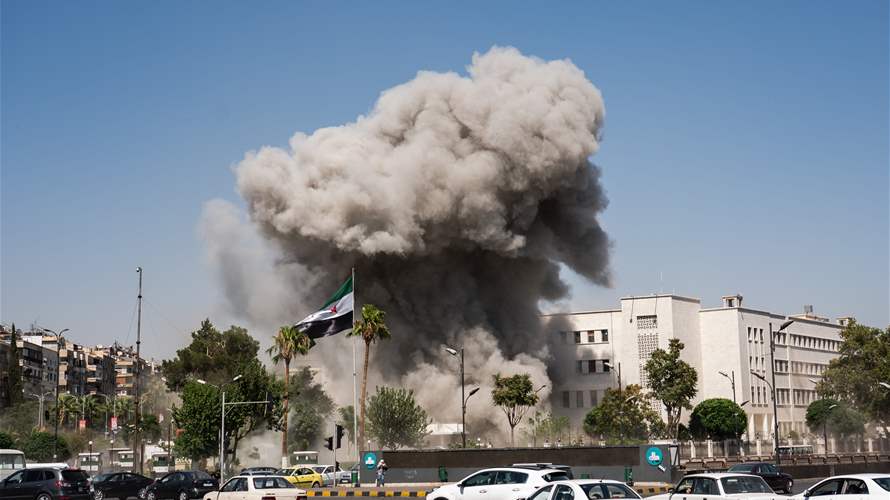Israel is pursuing a dual-track approach in Syria, combining political talks with military operations as Prime Minister Benjamin Netanyahu prepares to address the United Nations General Assembly later this month.
On the political front, Israeli Strategic Affairs Minister Ron Dermer has held a series of meetings in recent weeks with Syrian Foreign Minister Ahmed al-Shaibani, in the presence of U.S. envoy Tom Barrack.
Officials said the talks carry cautious optimism that a security agreement could be reached before Netanyahu’s scheduled speech to the U.N. on September 22.
At the same time, Israel continues military operations in Syria, seeking to maintain freedom of its air force in Syrian skies and secure areas seized since the collapse of Bashar Assad’s regime, including the strategically vital Mount Hermon.
The Israeli army announced the arrest of several individuals inside Syria, alleging they were part of cells linked to Iran’s Quds Force Unit 840 and aided by Lebanese operatives.
Israel’s security services said investigations are ongoing, while the military vowed to continue striking weapons depots and equipment arriving from abroad, including shipments it claimed originated from Turkey.
Israeli officials said the most recent strikes targeted anti-aircraft missile stockpiles supplied by Turkey, which they alleged were meant to limit Israel’s aerial freedom in Syria.
Chief of Staff Eyal Zamir hailed the arrests and air raids as a “major achievement” that helped neutralize threats to Israel’s operational flexibility.
Between the high-level negotiations with Damascus and the ongoing military strikes, analysts say Israel is working to cement its upper hand in Syria under the banner of protecting its borders and population.
